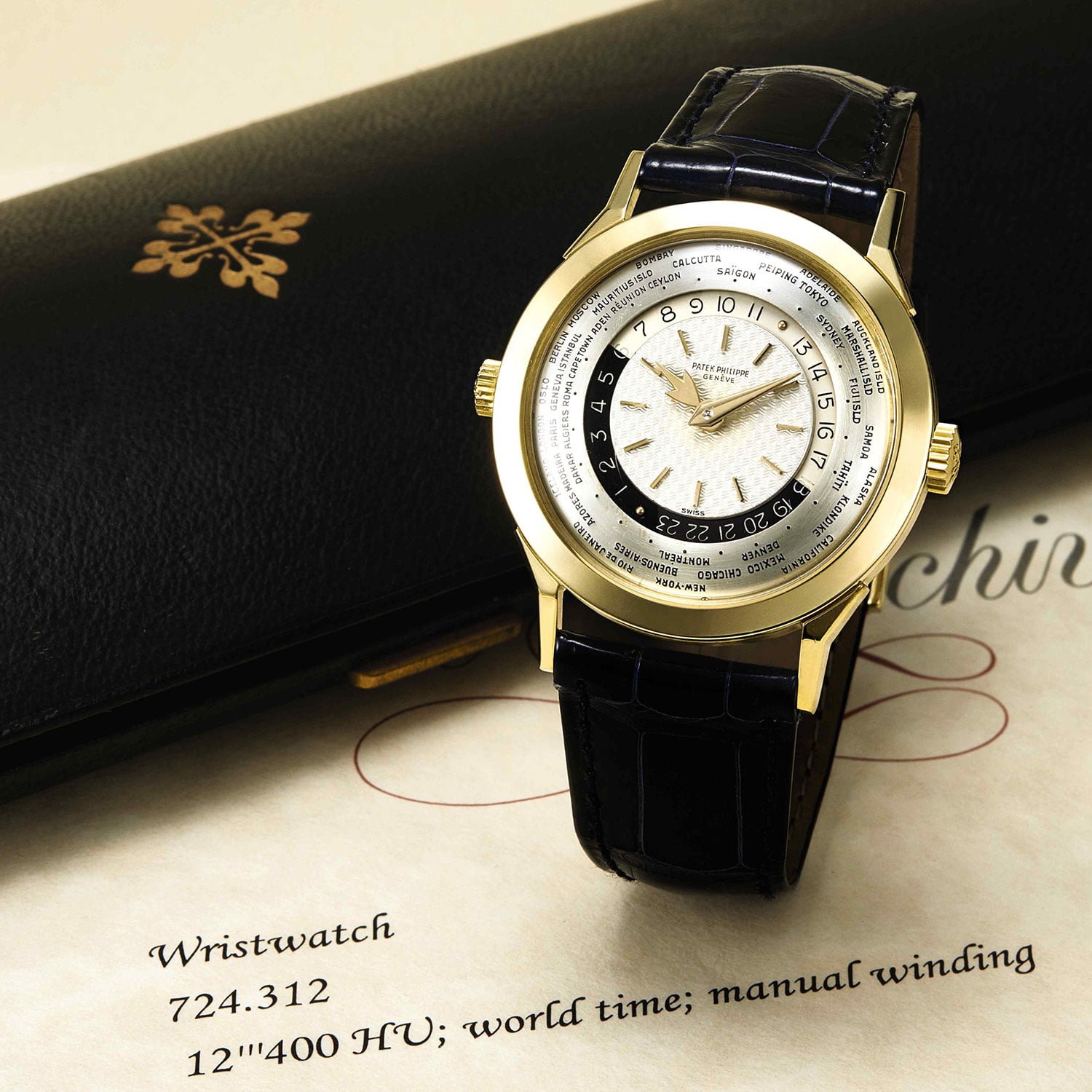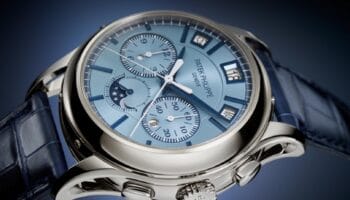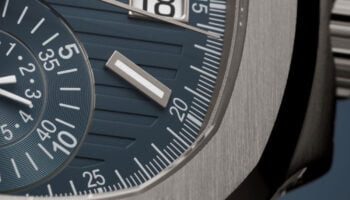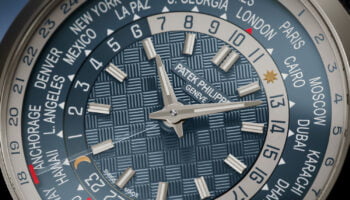Like us, you probably read about one record auction price after another. About rare Rolex and Patek Philippe pieces that dazzle collectors, about the renewed attention for old Heuer chronographs or about the German brand A. Lange & Söhne that is increasingly stealing the show at auctions. Refuse to get caught up in the hype. Keep calm and read the following five handy auction pointers.
1. Watches do not make a good financial investment
Making a fortune buying and selling watches is a dream. Watches are emotional products as compared to things like oil or gold. Watches bought at auction must be considered a luxury item, not an investment object. It may sound harsh, but it has to be said: should the watch you purchased increase in value it will happen only slowly and any real increase in value isn’t likely to happen until long after you’re gone.
2. A pedigree is no guarantee
In this particular instance a pedigree doesn’t refer to the brand, but to a famous previous owner. Only in very rare cases does a celebrity add value to an object. Examples of mythical, value-adding figures are Newman and McQueen and they are, after all, truly mythical and therefore extremely rare. What can also happen is that a famous owner makes the value of a relatively low-value watch explode. This will have nothing to do with the watch and everything to do with the name of the owner. Investing in the name and fame of living or deceased persons is extremely risky. What’s more, the stories that come with a watch are often incorrect and sometimes even a complete fabrication. Should that come out after the auction you will have truly bought a pig in a poke.
3. Auction houses are storytellers
See the last part of Point 2.
4. Watch houses often buy their own watches at auctions
Many watch houses keep the prices of their auctioned products artificially high by refusing to allow ‘bargains’ at auctions. Brands are willing to spend a lot of money on this, because good auction results are important to consumer confidence in an emotional product. Disappointing auction results reflect a lack of interest and that is very bad for the image of a brand, ultimately having a negative effect on the sale of new watches.
5. Watches that are worth millions are extremely rare
Record breakers are rare. Everyone reads about spectacular results, but such results are as rare as records in athletics. Auctions are often highly predictable and more than once the hammer falls below the expected price printed in the catalogue. Temper your expectations and just enjoy the auction.
Photo: this rare Patek Philippe Ref. 2523-1 is from 1968 and only 20 copies were ever made. Sold at auction for just over €900,000.-, making it an exceptional watch and by no means an auction standard








